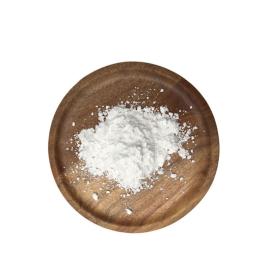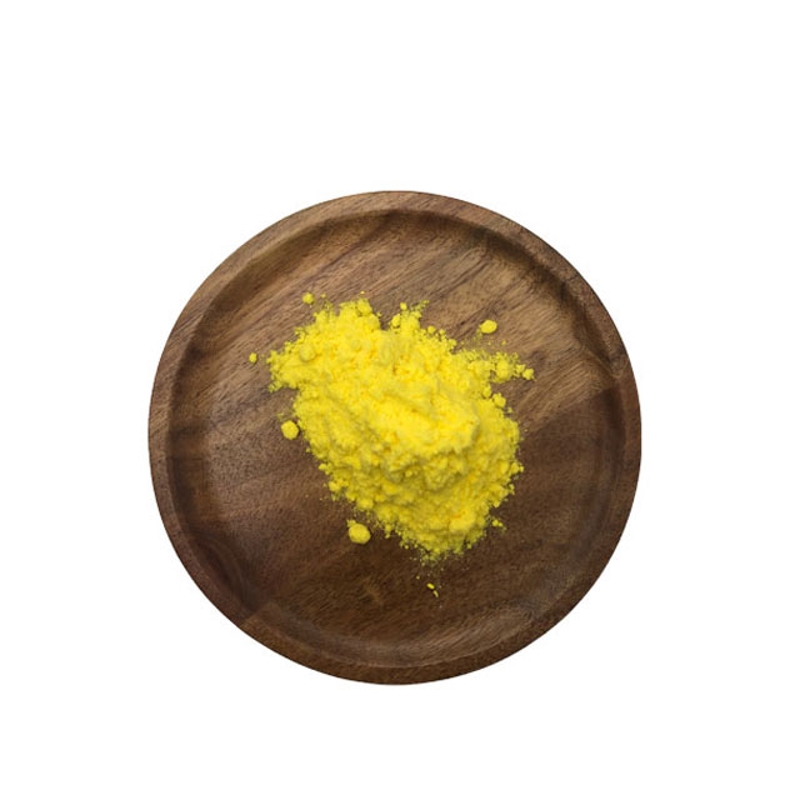-
Categories
-
Pharmaceutical Intermediates
-
Active Pharmaceutical Ingredients
-
Food Additives
- Industrial Coatings
- Agrochemicals
- Dyes and Pigments
- Surfactant
- Flavors and Fragrances
- Chemical Reagents
- Catalyst and Auxiliary
- Natural Products
- Inorganic Chemistry
-
Organic Chemistry
-
Biochemical Engineering
- Analytical Chemistry
- Cosmetic Ingredient
-
Pharmaceutical Intermediates
Promotion
ECHEMI Mall
Wholesale
Weekly Price
Exhibition
News
-
Trade Service
Colorectal cancer (CRC) is one of the leading causes of cancer incidence and death worldwide
.
It may take decades to gradually progress from colorectal cancer precancerous lesions, adenomas or serrated polyps to CRC, whichleaves a window of opportunity for early detection and interceptionthrough screening
Of colorectal cancer (CRC) is one of the global cancer incidence and causes of death of colorectal cancer screening for fecal immune chemical testing (FIT) for CRC screening, but there is still room for improvement immunity
This is a diagnostic test accuracy study aimed at developing a multi-target FIT (mtFIT) with better diagnostic performance than FIT
.
A total of 1284 patients (1038 from screening and 246 from referral) were recruited and classified according to the last follow-up lesions: CRC (n=47), high-grade adenoma (n=135), high-grade serrated polyps (N=30), non-high-grade adenomas (n=250) and non-high-grade serrated polyps (n=53), and control individuals (n=769)
diagnosis
Developed antibody-based detection methods and applied them to the remaining FIT materials
.
Use classification and regression tree (CART) to analyze the concentration of biomarkers to determine the best combination for detecting high-grade neoplasms
The difference in abundance of 9 protein biomarkers in 1284 FIT samples
The difference in abundance of 9 protein biomarkers in 1284 FIT samplesCART analysis showed that the cross-validation sensitivity of binding hemoglobin, calprotectin, and serpin family member 2-mtFIT-to high-grade neoplasms was 42.
9%, while the cross-validation sensitivity of FIT was 37.
3% (p=0.
025).
The specificity is the same, both are 96.
6%
.
It is particularly noteworthy that the cross-validation sensitivity of high-grade vegetation increased from 28.
Binding hemoglobin, calprotectin, and serpin family member 2-mtFIT-has a cross-validation sensitivity of 42.
Compared with FIT, mtFIT has shown better diagnostic accuracy in detecting high-grade neoplasms, and the detection rate of high-grade adenomas has increased significantly.
Original source:
de Klaver Willemijn,Wisse Pieter HA,van Wifferen Francine et al.
Clinical Validation of a Multitarget Fecal Immunochemical Test for Colorectal Cancer Screening: A Diagnostic Test Accuracy Study in this message







